Five neatly arranged children’s beds lie in a small, dimly lit room inside Tikur Anbesa Teaching Hospital, on Yared St. Each was occupied by young patients undergoing long-term recovery following complex surgeries. The space buzzes quietly with gentle conversations, parents murmuring comfort, and doctors softly explaining treatment plans.
Near the entrance, on the left side, rests a notably small girl with a thin tube running beneath her nose. Her large eyes, stark against her frail frame, seem to say everything her voice cannot. This is Belena Asnake, a 10-year-old second-grader who has spent the last month and a half in the hospital after kidney surgery. The operation intended to repair kidney damage instead left her unconscious for seven anxious days. Her mother, Adena Ayele, now waits anxiously for another surgery, as the first failed to produce positive results.
Belena’s experience with illness has been painfully long. She was first admitted eight years ago, and for the past six years, her condition has stagnated at stage three kidney disease. Life worsened dramatically when her father died from malaria last year, leaving a vacuum both emotional and financial. Adena, once a clothes vendor in Asko Lomi Meda, had to abandon her work, while Belena’s elder sister sometimes misses school to assist at the hospital.
“I can’t let her remain alone,” Adena said softly, a statement filled with resolve and quiet despair.
Though the hospital and health insurance cover much of the medical costs, essential medications often remain unavailable, forcing Adena to depend on charity from relatives and friends. Belena’s kidney troubles trace back to a nerve disorder diagnosed when she was only two.
A few beds away, five-year-old Leul Alemayehu tried to find relief after two intense days of hospital care. Leul’s kidney failure began at age one due to an untreated urinary infection. His mother, Lekeshen Gebremikael, recounted her battle against mounting medical bills, which worsened after she was compelled to close her small hair salon to care for him. Leul’s father, a government employee, now shoulders all household financial responsibilities.
“There are medicines and laboratories that are simply unavailable,” said Lekeshen, detailing expenses of about 1,200 Br daily on medicines, on top of fortnightly medical costs.
The common tragedy linking Belena and Leul is dialysis, a life-saving treatment both urgently require but seldom receive.
According to Handsome Dakisios (MD), a paediatric kidney specialist at the hospital, each month, upto three children tragically die due to insufficient dialysis access. Tikur Anbesa sees around 25 new child kidney failure cases annually; last week, more than 20 have been subjected to intense follow-ups. The lack of adequate equipment and specialist doctors compounds their vulnerability.
“The most heartbreaking aspect is the situation facing adults,” Handsome said grimly. “People appeal for financial assistance as there is some hope, yet nobody does so for children as there is little belief in their chances.”
Handsome hopes to see enhanced facilities and equipment in the sector. He recounted instances where doctors had left paediatric kidney specialities feeling helpless. Alarmingly, he noted that the number of children identified as needing emergency dialysis has increased from 22 over three years to 11 in the last six months. Clinical practice focuses on emergency treatments rather than a sustainable approach to dialysis.
At Tikur Anbessa, 77 patients have been admitted for kidney failure treatment, while the outpatient section has recorded 1,957 patients for consultations, including many repeat visits, over the past six months.
“I can’t fault those doctors who have left the field,” he said. “They don’t wish to bear the burden of delivering bad news.”
Children with kidney failure frequently suffer from congenital issues or genetic conditions. Yet, an already dire situation worsens amid the ongoing economic downturn, which has inflated import prices and medical costs. Dialysis, requiring disposable materials, has become prohibitively expensive, with private centres now charging 3,000 Br to 6,000 Br a session, while vital medications such as blood thinners surged fivefold in price.
Mesfin Aseres, president of the Tesfa Kidney Patients Association, shared an especially harrowing story. He helplessly watched a child die awaiting dialysis, despite preparations for a transplant abroad.
“He died before my eyes,” Mesfin recounted, recalling the brutal reality faced by many.
Hope briefly emerged with a new law permitting organ donation from deceased persons, but complications persist due to limited public awareness and inadequate family matching. Organ donations still largely rely on immediate family, leaving many patients without viable matches.
Esayas Welda, a 24-year-old kidney patient, described the harsh reality of managing dialysis sessions amid spiralling costs. Recommended three times a week, financial pressures have stretched his treatments to every 10 or 12 days, leading to severe toxin buildup and emergency fluid removal procedures from his lungs.
“The worst part is that after the procedure, the toxins return in increased quantity,” Esayas confided, frustrated.
For Wongel Tena (MD), a surgical physician at Jimma University, the catastrophic health impacts of intermittent dialysis or medication gaps post-transplant potentially lead to organ rejection or permanent dialysis dependence. She advised preventative care, urging annual kidney assessments for patients with diabetes and hypertension.
Nationally, only 1,132 patients underwent dialysis in 2022, far fewer than international averages, partly due to cost barriers. Privately, dialysis sessions cost about 2,300 Br each, with annual expenses reaching approximately 8,000 dollars, an insurmountable burden given Ethiopia’s per capita income of about 1,272 dollars in 2023, according to the World Bank.
The country’s nephrologist-to-population ratio is alarmingly low at 0.26 a million, with 80pc concentrated in Addis Abeba, leaving rural populations deeply underserved.
Dialysis costs for Esayas surged from 2,500 Br to 3,300 Br a session. Public pharmacies once providing medications for 400 Br now face shortages, forcing Esayas to buy them privately for triple the price. He moved from his hometown in Butajera to Asela, Oromia Regional State, to support his mother financially after dropping out of school in 10th grade, but now even basic survival has become challenging.
Yewendwesen Tadesse(MD), another kidney specialist at Tikur Anbesa, advocates for comprehensive research on kidney diseases. Globally, around 850 million people suffer kidney problems, often driven by non-communicable diseases like hypertension and diabetes. The World Health Organisation (WHO) estimates that 16pc of Ethiopian adults have hypertension, with diabetes affecting three percent, contributing heavily to kidney disease prevalence.
“It is common to see cases in hospitals, particularly in intensive care units (ICU),” he said.
When he first opened a dialysis unit in 2000, no patients sought treatment. As of 2021, the number of individuals undergoing dialysis was estimated at 2,000, growing to 3,500 nationally. However, he believes this figure remains low relative to the total population. The rise in patients goes with growing population size and lifestyle-related diseases, such as diabetes, hypertension, and obesity, as well as enhanced diagnostic capabilities.
“The current patient count is much lower than in other countries, suggesting the need for enhanced preventative measures,” Yewendwesen told Fortune.
Despite increased awareness, treatment facilities lag significantly. Thirty-two public and 24 private dialysis centres operate nationwide, but the treatment facilities remain insufficient. Abiy Dawit, representing the Ministry of Health, confirmed ongoing issues despite recent regulatory improvements permitting broader organ donation to alleviate the crisis.
Kidney transplants offer life-saving alternatives but bring their own complications. To date, Ethiopia has recorded 175 transplants domestically and 544 in overseas.
Patients like Desu Antawiw, who underwent a transplant in India at the cost of 2.6 million Br, now face acute medication shortages back home. Without consistent immunosuppressive drugs to prevent organ rejection, Desu faces immense risks, borrowing pills or buying them from the underground market at inflated prices.
The expense associated with a single transplant ranges from 17,000 to 20,000 dollars; following forex alterations, the price has effectively doubled when paid in Birr. A transplant that previously cost roughly 1.14 million Br now exceeds 2.5 million Br.
Biniyam Abera, president of the Ethiopian Kidney Transplant Association, blamed chronic drug shortages, forcing patients into risky parallel-market solutions or rationed dosages, causing severe health repercussions.
“There is no consistent supply,” he explains.
The Ethiopian Blood & Tissue Bank Service, headed by Ashenafi Tazebew (MD), views recent organ donation laws optimistically. Ashenafi urged more efficient procurement strategies and sustained funding, advocating for a collectively financed fund involving public-private partnerships to ease dialysis and transplant expenses.
St. Paul’s Hospital Millennium Medical College, on Swaziland St., the country’s primary transplant centre, suffers similarly. Over the past nine years, the transplant unit has successfully conducted 120 surgeries in the first four years. Despite a capacity for 60 to 100 transplants annually, shortages of critical supplies and skyrocketing costs limit operations immensely. Transplants previously costing about 1.14 million Br have now soared past 2.5 million Br. Its Director, Tsegaye Berhanu(MD), described supply constraints and import challenges as major constraints, noting that even critical diagnostic reagents have doubled in price, severely limiting the hospital’s output.
Solomon Negusse of the Ethiopian Pharmaceuticals Supply Services (EPSS), a federal agency, acknowledged recent medication shortages, blaming procurement complications for delays. The agency has tried addressing this by establishing longer-term international contracts, yet logistical and financial barriers persist. EPSS supplies over 800 medicines to public hospitals, some distributed based on contractual agreements. These pharmaceuticals reach St. Paul Hospital as part of specific contracts.
Solomon disclosed that shortages have arisen from procurement issues similar to those affecting cancer medications. In response to this predicament, the Service has established long-term contracts with various companies in India and Europe. It has imported a year’s supply of Mycofit 500mg and Ciclosporin in three variations.
“We currently have full stock of all required medications,” Solomon told Fortune.
According to Solomon, a recent importation of essential drugs will bring relief, but admitted pricing instability remains despite substantial state subsidies.
Customs policies and economic volatility further complicate the medical import market.
Yididya Seleshi, a medical equipment importer, blamed crippling customs duties for inflating prices dramatically, discouraging imports despite their life-saving necessity. A piece of dialysis equipment that previously cost 800 dollars now runs approximately 3,500 dollars in import duties, exacerbating shortages.
Yet, amid bureaucratic promises and plans, hundreds like Belena and Leul cling precariously to life, their families trapped between soaring medical bills and inadequate healthcare infrastructure. Belena’s mother, Adena, continues waiting, hoping desperately for a miracle, while Leul’s parents struggle daily, seeing an uncertain medical future.
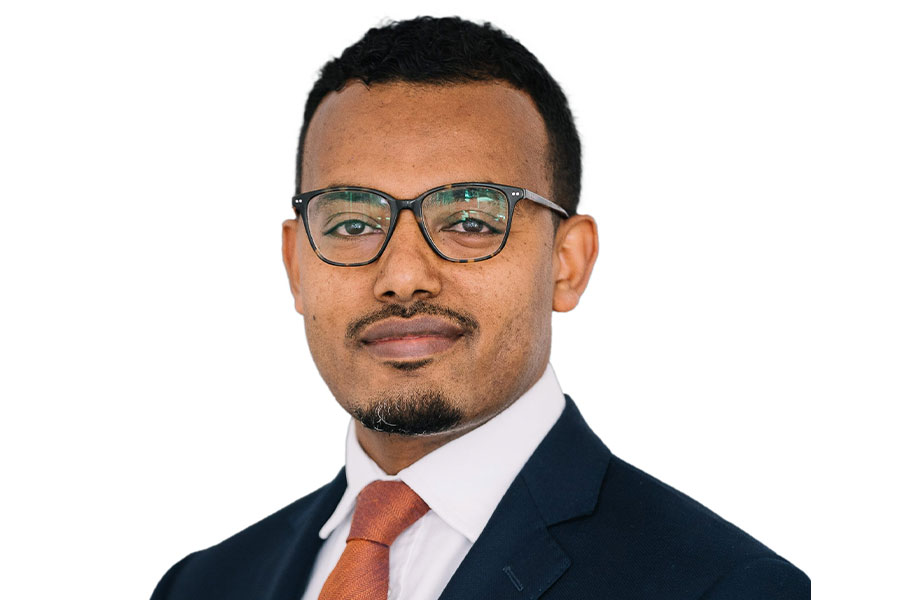




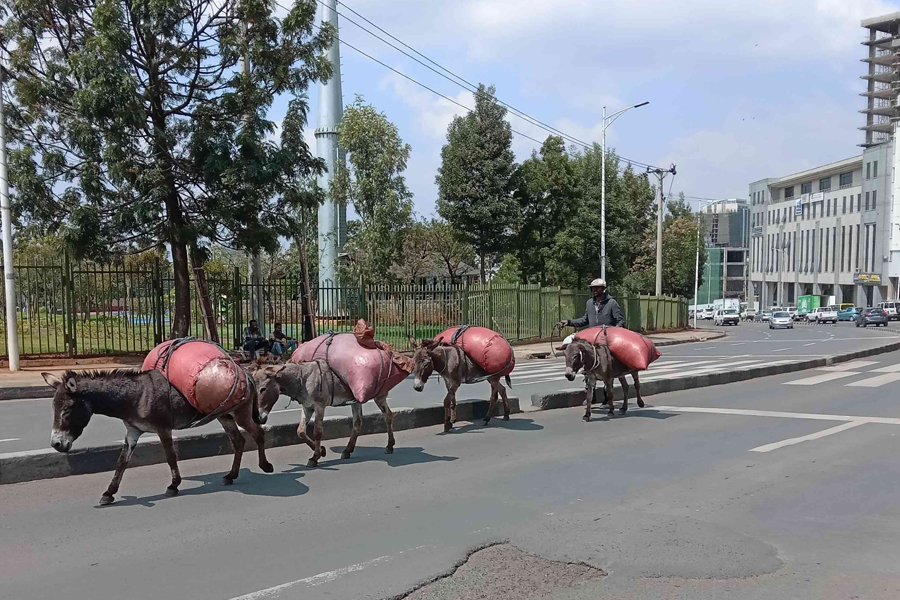



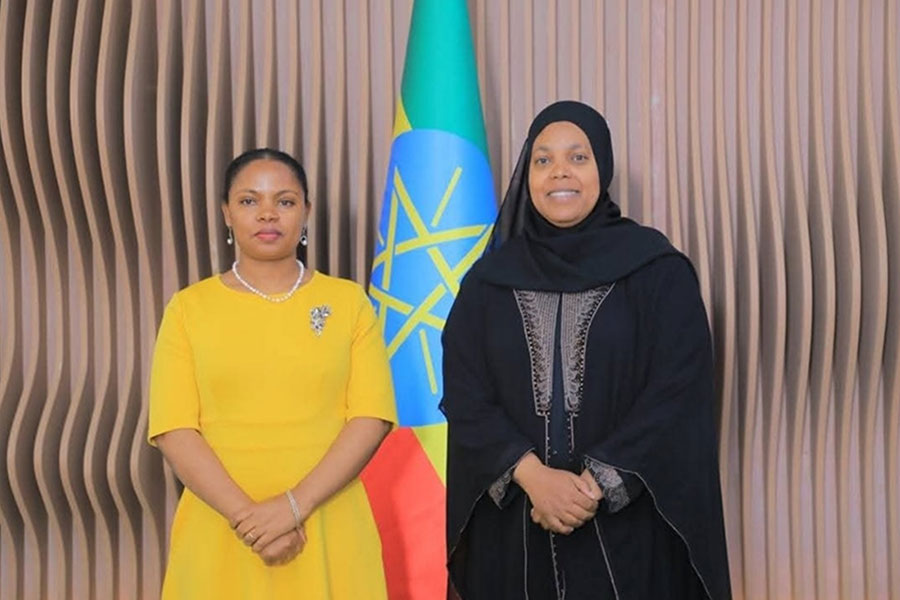

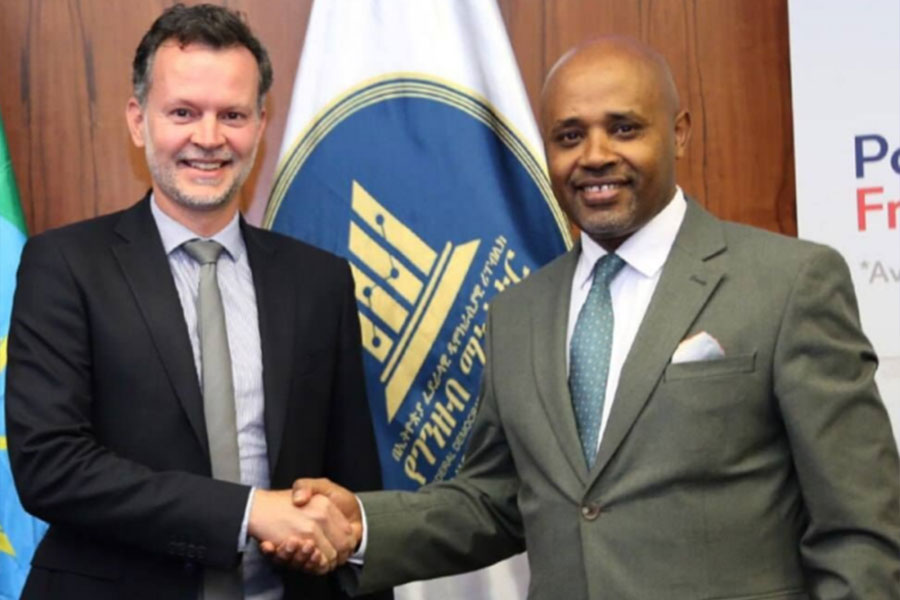


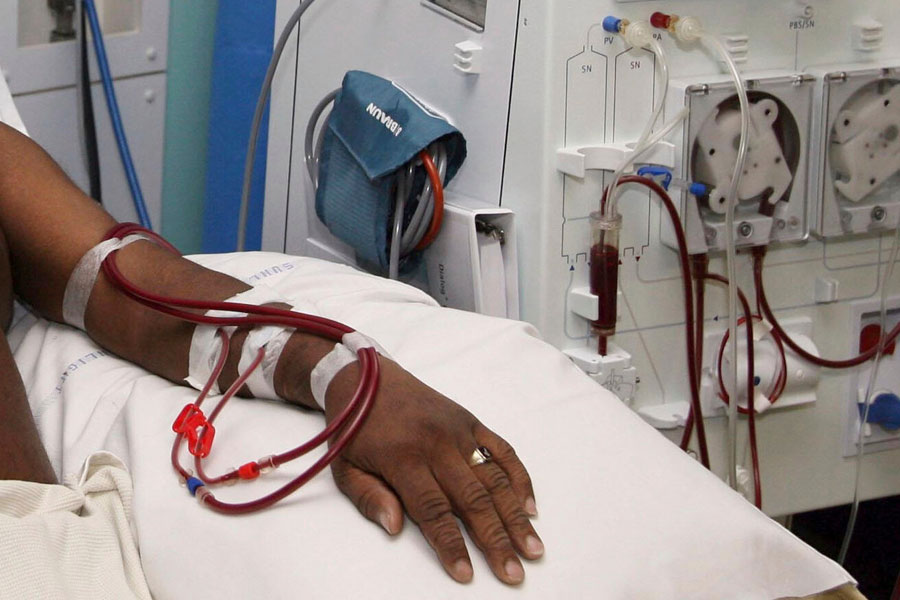

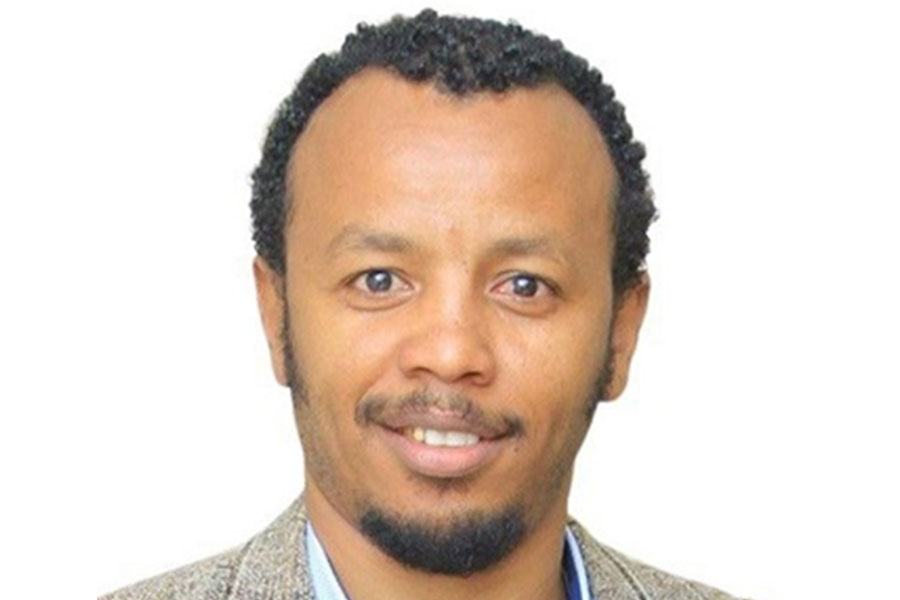
 Loading your updates...
Loading your updates...